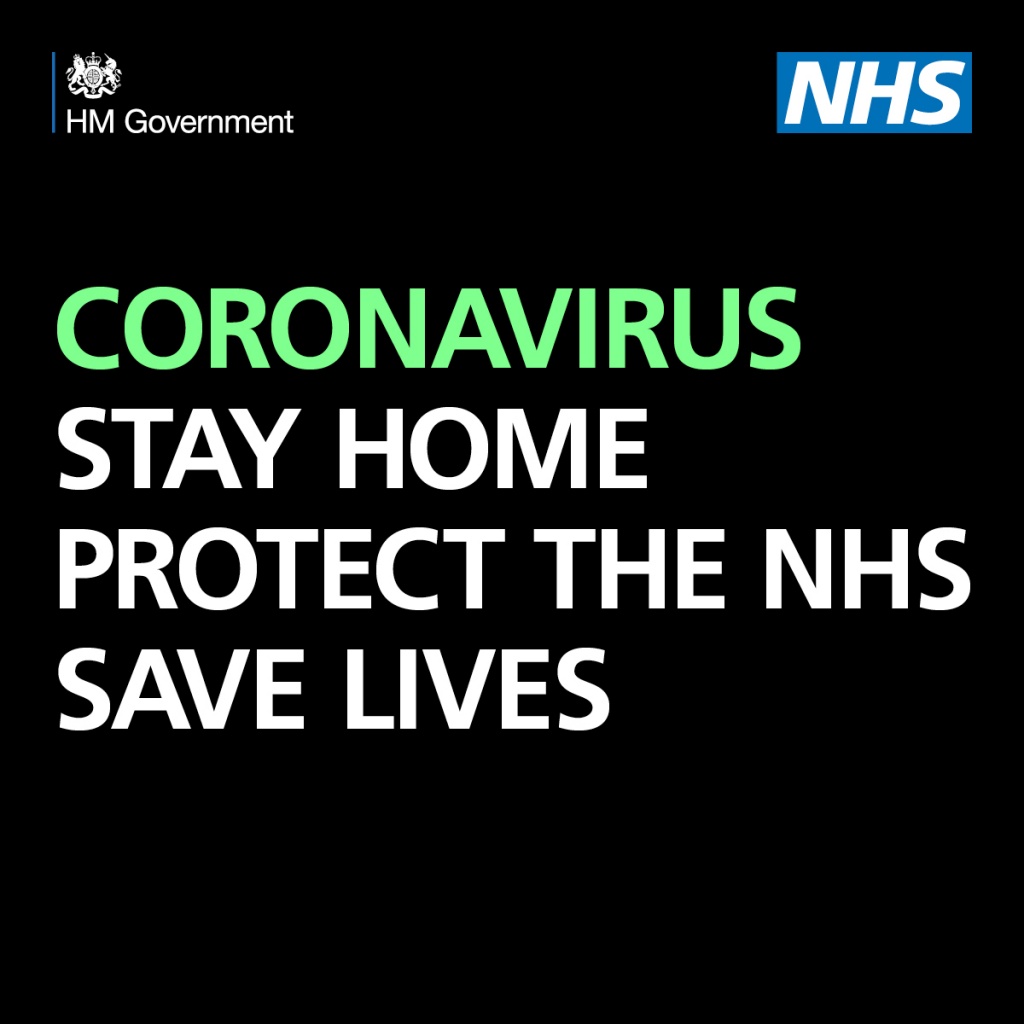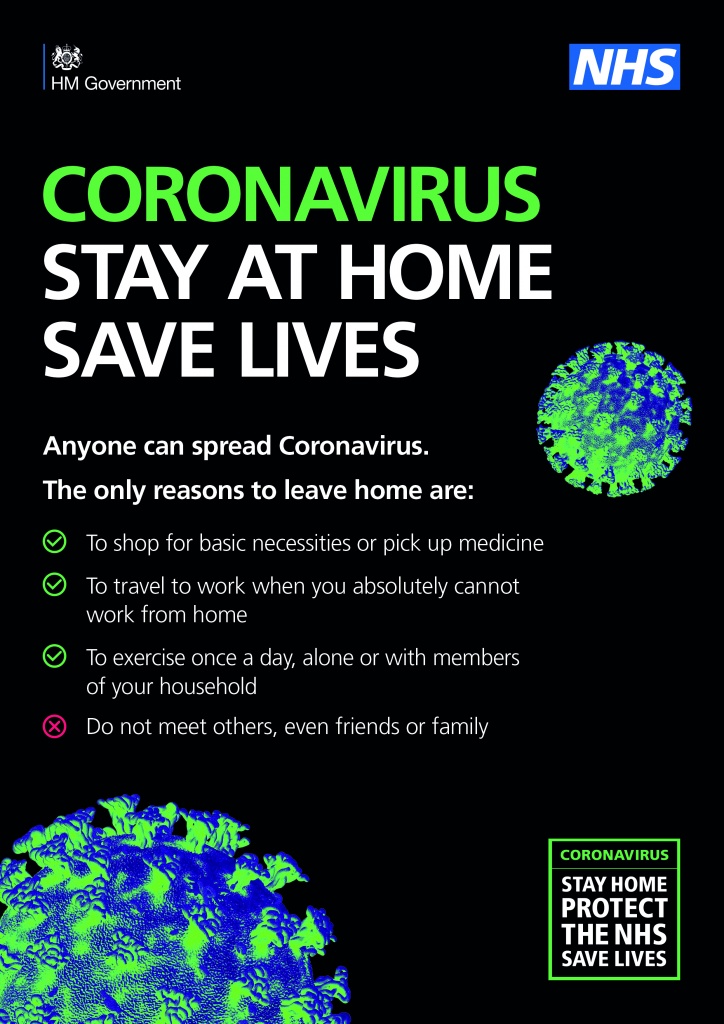
UK government will commence major long-term study to track spread of COVID-19 in general population. The study will include antibody testing to help understand levels of immunity and up to 300,000 people to take part over 12 months.
The study will help improve understanding around the current rate of infection and how many people are likely to have developed antibodies to the virus.
Participants in the study will form a representative sample of the entire UK population by age and geography. The results will help scientists and the government in the ongoing response to the coronavirus outbreak, with initial findings expected to be available in early May.
Led by the Department for Health and Social Care (DHSC) and the Office for National Statistics (ONS), the study draws on the world-leading scientific expertise of the University of Oxford, backed by the proven testing capabilities of data science company IQVIA UK and the National Biosample Centre in Milton Keynes.
The flagship study forms part of Pillar 4 of the government’s COVID-19 testing strategy, to conduct UK-wide surveillance testing to learn more about the spread of the disease and help inform the development of new tests and treatments. It will add to the population data already being collected through the national surveillance programme operated by Public Health England, which has been enhanced since the end of February.
Health Secretary Matt Hancock said: Understanding more about the rate of COVID-19 infection in the general population, and the longer-term prevalence of antibodies, is a vital part of our ongoing response to this virus.

This survey will help to track the current extent of transmission and infection in the UK, while also answering crucial questions about immunity as we continue to build up our understanding of this new virus.
Together, these results will help us better understand the spread of the virus to date, predict the future trajectory and inform future action we take, including crucially the development of ground-breaking new tests and treatments.
Participants will provide samples taken from self-administered nose and throat swabs and answer a few short questions during a home visit by a trained health worker. The swab tests will show whether or not participants currently have the virus. They will be asked to take further tests every week for the first 5 weeks, then every month for 12 months.
In total, 25,000 people will take part in the pilot phase of the survey, with plans to extend it to up to around 300,000 over the next 12 months.
Adults from around 1,000 households will also provide a blood sample taken by a trained nurse, phlebotomist or healthcare assistant. These tests will help determine what proportion of the population has developed antibodies to COVID-19. Participants will be asked to give further samples monthly for the next 12 months.
Swabs will be taken from all participating households, whether their members are reporting symptoms or not. Blood will not be taken in any households where someone has symptoms of COVID-19 or is currently self-isolating or shielding.
The trained study health workers will use all the recommended precautions to protect themselves and everyone in the household from getting the virus. Swab test results will be communicated back to participants by their GPs and confidentiality will be protected throughout the process.
National Statistician Sir Ian Diamond said: The Office for National Statistics has huge experience in running very large household surveys that gather vital information from a genuinely representative sample of the entire population. In this case we’ll be using that capability to help our health expert colleagues to create a reliable picture of the scale of COVID-19 infection and antibody development that will inform the key decisions that lie ahead in this pandemic.
Professor Sarah Walker of University of Oxford Nuffield Department of Medicine said: This is one of the largest and most important studies underway into the COVID-19 virus and will transform our understanding of the infection. The University of Oxford is delighted to be the study sponsor.
Tim Sheppard of IQVIA UK said: IQVIA is proud to be playing our part in helping to understand COVID-19 – the greatest public health challenge that has faced the world in a generation.
Our nursing team has 30 years’ experience of working with the NHS to support patient care. This population study is vital, time-critical work, and is another part of our global mission to better understand COVID-19 and change the course of this pandemic.
Potential volunteers are being selected from a group who have already taken part in ONS surveys and have expressly consented to be contacted about further research.

Kindly follow us on twitter:@AfricanVoice2










